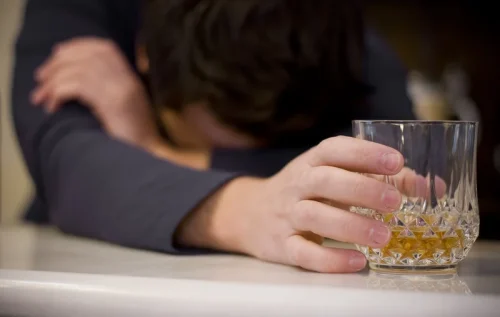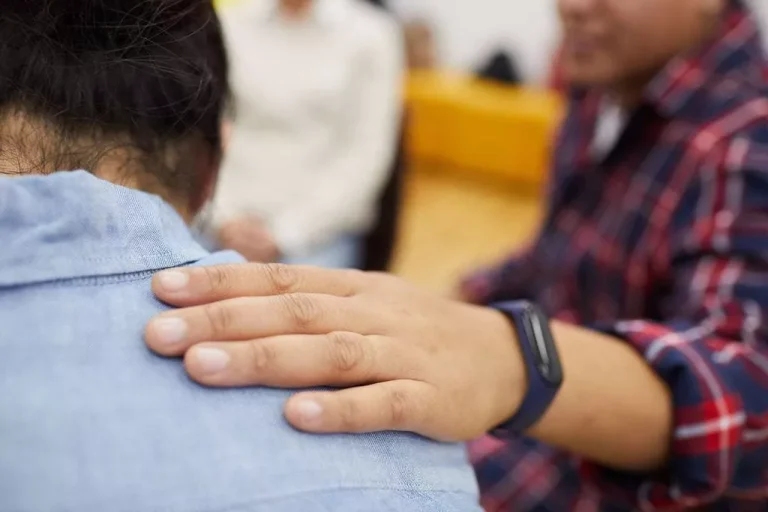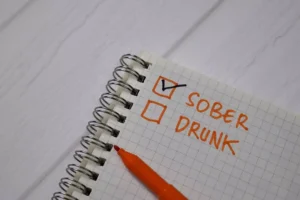
But starting to drink when you are a teenager increases the risk for addiction. Teens who start drinking alcohol before age 15 are five times likelier to develop a later addiction to alcohol than those who begin drinking at age 21 or older. On top of that, there are also emotional and behavioral consequences to underage drinking.
Helping children make friends: What parents can do
Genetics can play a role in developing some mental or physical health conditions, but that’s not the end of the story. You’ve found bottles of alcohol hidden in your child’s room and regularly smelled alcohol on their breath. You’ve noted the steep drop-off in their schoolwork, abrupt changes in their behavior, and the loss of interest in their former hobbies and interests.

Treating Underage Drinking Problems
- Having a safety plan in place can help reduce the risk of engaging in risky behaviours like swimming or drink driving.
- And don’t worry—even if you do identify symptoms, there are steps you can take to reduce the risk of AUD and other alcohol-related consequences.
During this stage, risk-taking behaviors like stealing, engaging in physical fights or driving under the influence of alcohol increase, and they become most vulnerable to having suicidal thoughts. Teenagers who drink are more likely to suffer teenage alcoholism from alcohol poisoning, have social problems or engage in violence. Children or teenagers start drinking for many reasons, such as stress or major life transitions. Parents’ drinking habits also affect whether a child starts drinking.
Alcohol Abuse & Treatment Information On Other Groups
Driving or swimming while under the influence is dangerous – a young person may harm themselves and others. NEW YORK (AP) — Fluoride in drinking water poses a risk to the intellectual development of children, and U.S. environmental regulators need to address it, a federal judge in California has ruled. Set in a snall English town in 2006, the trailer follows George (Joe Anders, 1917), an aspiring but aimless teenage musician. Max (Samuel Small, So Awkward) is the son of a famous musical duo, and it seems like musical talent runs in the family, making him George’s perfect partner for the upcoming school talent show. However, the two soon connect in other ways, leading to the blossoming of young love. In addition to co-writing the film’s story, O’Connor will also cameo in the film.

Physical and mental conditions:
- Underage drinking makes teens more likely to put themselves in risky situations, which may result in harm to themselves or others.
- You’ve noted the steep drop-off in their schoolwork, abrupt changes in their behavior, and the loss of interest in their former hobbies and interests.
- Adolescents tend to drink if the adults around them drink or binge drink alcohol.
- Teens who start drinking alcohol before age 15 are five times likelier to develop a later addiction to alcohol than those who begin drinking at age 21 or older.
- In all too many cases, they wake up in the hospital after a car accident — or don’t wake up at all — and seriously injure unsuspecting passengers, people in other cars or pedestrians.
This talk may be a challenging but necessary first step in getting your teen the help they need. If you’re worried about your teen using alcohol, it may be tempting to take an extremely strict approach or overemphasize the risks of alcohol use. Regardless of the cause of someone’s AUD, it’s important that they receive the treatment and support they need to feel better. AUD is a condition where a person is addicted to alcohol or unable to control their alcohol use.
Despite this, teenage alcoholism is a very real and common problem. Alcohol is the most commonly abused substance globally, this includes individuals under the age of 21. Over half of Americans between 12 and 20 years old have experimented with alcohol, and 1 in 5 teenagers become heavy drinkers. In 2010, there were 189,000 visits to emergency rooms as a result of underaged alcohol-related injuries.
Is One Type of Alcoholic Drink Safer than Another?
Many young people start experimenting with alcohol during this time. But alcohol is harmful to children and young people – drinking before becoming an adult has additional risks for health and wellbeing. For teenagers that do drink – it’s important to understand that alcohol has serious effects on their health and development. Parents can help reduce the harmful effects of alcohol on their teenager by setting clear expectations about what is acceptable and unacceptable drinking behaviour during their child’s early teens and beyond. This conversation is one you’ll have to repeat throughout their teenage years.

